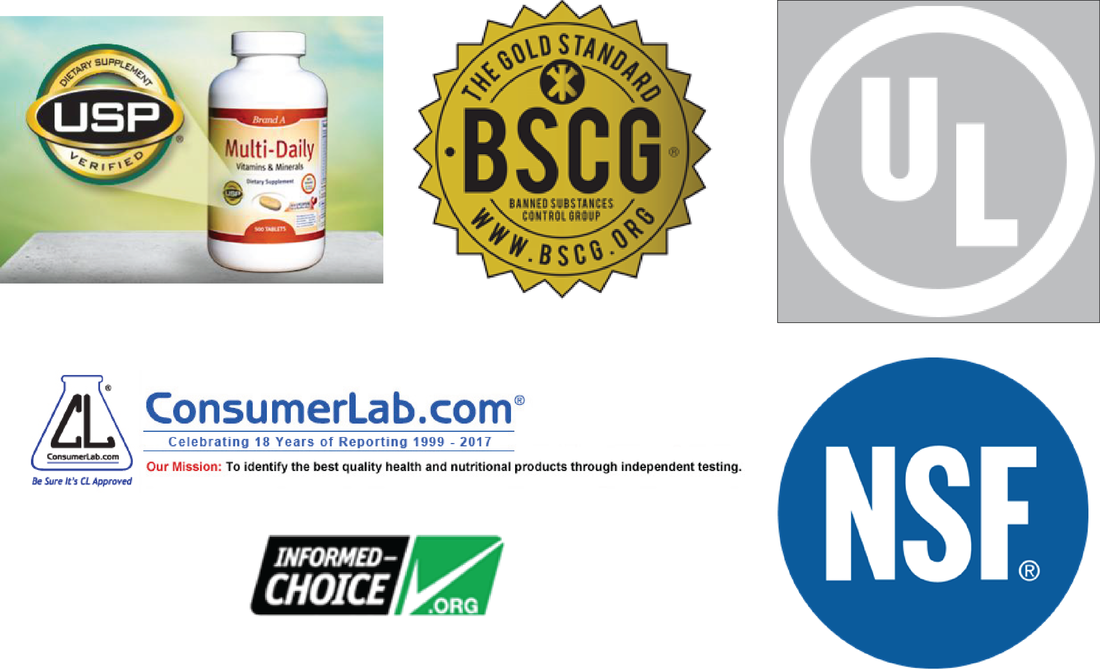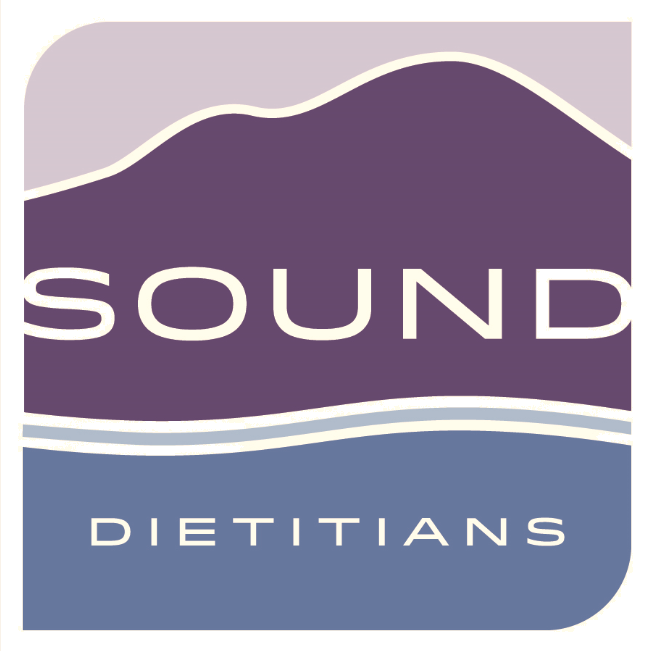What are Dietary Supplements?Supplements include anything from vitamins and minerals to herbs, enzymes, drinks, and energy bars. They can come in the form of tablets, capsules, gels, powders, liquids…you name it! Supplement Regulation
Do Your Research
Be wary of health claims. If it sounds too good to be true, it probably is! Third Party Verification and Independent Quality Assessment SealsAlthough not fool-proof, picking a supplement with any of these seals will provide an “extra set of eyes” when selecting a supplement. These are independent groups that test for quality, meaning they make sure the supplement contains what is says it contains and that it doesn’t have dangerous contaminants. Don’t mistake this seal for proving safety or effectiveness!
“Natural” does NOT mean “safe.” A Dietitian’s Point of View Always attempt to get the vitamins, minerals, and nutrients you need from food first. In fact, food contains fiber and many other substances that supplements don’t necessarily provide that have a positive impact on our health. Eat a variety of colors of fruits and vegetables, whole grains, low-fat dairy, and lean protein throughout the week to pack a punch of vitamins, minerals, and other nutrients. On the other hand, not all supplements are dangerous and there are times that supplements may be appropriate and beneficial. For example, it is recommended that pregnant women take folic acid supplements or that someone following a vegan diet take vitamin B12. Just remember, talk to your Dietitian or Doctor before trying a new supplement! Healthy wishes! ~Leah Swanson, RDN References
15 Comments
|
SD BlogA place for our consultant Registered Dietitian Nutritionists (RDNs) to share nutrition science, yummy and healthy recipes, tips on seasonal ingredients, and other nutritional musings. Enjoy! Categories
All
Archives
May 2024
|












 RSS Feed
RSS Feed